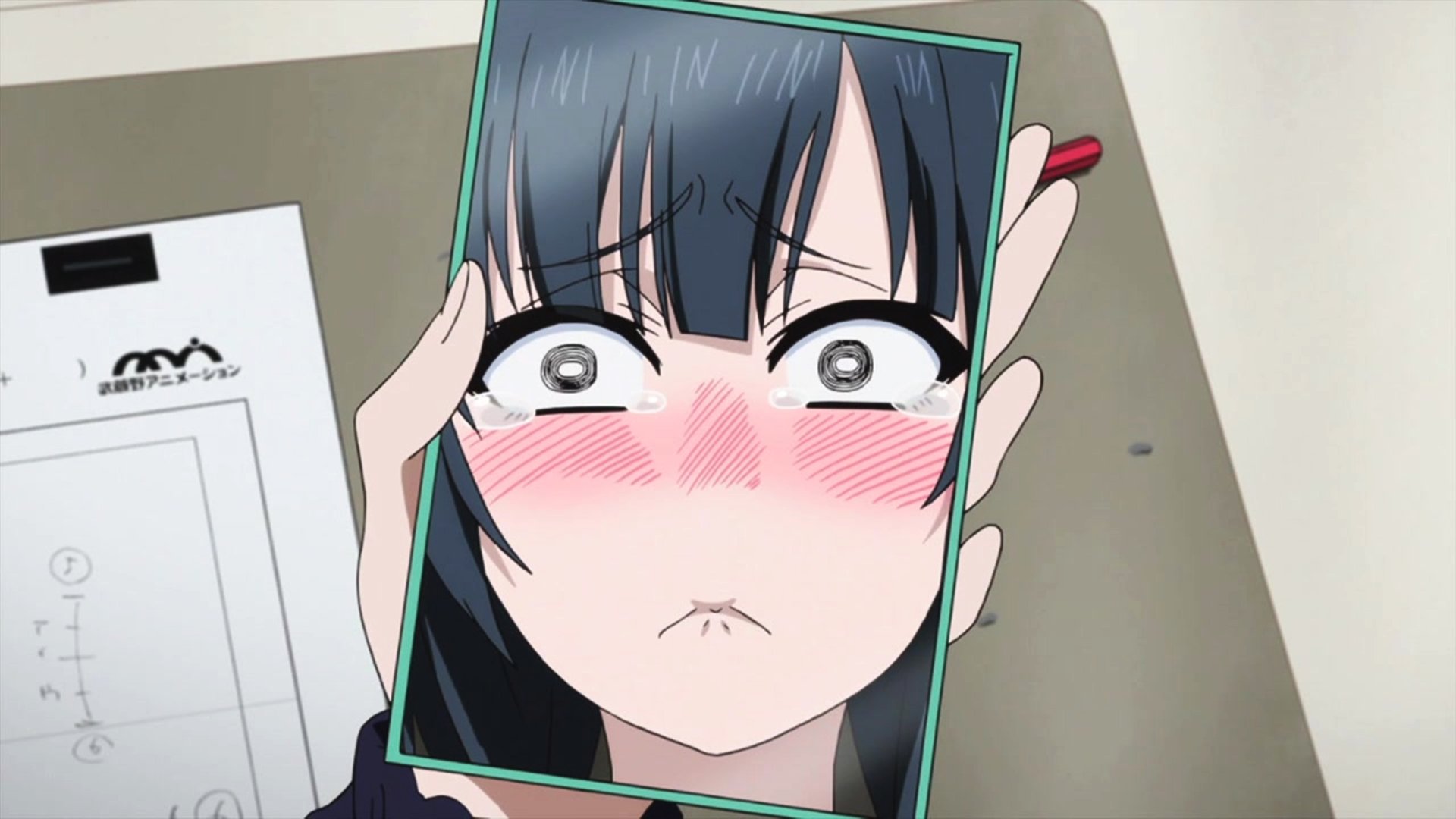The veteran entertainer Terumi Nishii is speaking out for better working conditions in the anime industry in Japan, claiming that full-time workers currently feel “more like slaves.” With more than 20 years of experience in the world of anime, Nishii has contributed to the production of successful series such as “JoJo’s Bizarre Adventure”, “Jujutsu Kaisen”, “Mawaru Penguindrum” and “Rurouni Kenshin”. In an interview with Anime News Network, Nishii explained that there are a number of major issues affecting anime studios in general, such as a lack of union support, frequent hiring of unqualified animators, and physically exhausting shifts for full-time employees.

Nishii is currently collaborating with NAFCA (Japan Anime and Film Association) to alleviate these and other issues within the industry. According to Nishii, the worst offenders in the industry are pushing animators to their physical and mental limits. “Usually the overtime hours are extremely long, or there are strange deadlines that you can never meet, so you never get to go home“he declared. Complaints about similar conditions have been filed against several prominent studios, including MAPPA (Jujutsu Kaisen, Attack on Titan).
Nishii explained that these conditions are the natural result of an industry that already requires long work hours to meet production demands. “Japanese companies have existed in an environment where those who become full-time employees have been forced to work hard for the last 20 to 30 years, but it seems that instead of becoming ‘full-time employees’, they are more like slaves… It’s only been in the last five years that people have started to say that there’s something wrong with the structure of this industry where, if you’re short on money, your older co-workers are expected to abuse you… My impression is that they are looking for ways to maintain the quality (in the anime) while changing the structure of what has been done in the past“.
Employee struggles are also exacerbated by the presence of amateur animators, whom studios have resorted to hiring due to a general shortage of workers. Because studios often hire freelance animators who are not qualified for certain positions, more senior animators then have to spend additional time and effort correcting their mistakes.

To make matters worse, studio employees are denied the ability to negotiate salaries or voice concerns due to the national absence of animators’ unions. “I think you’re at a disadvantage if you’re not in one.“Nishii said. “After all, unless you negotiate as a group, you can’t win, and even if one person’s situation improves a little, it doesn’t mean that everyone’s situation will improve.“.
Nishii is working alongside NAFCA to develop an industry-wide survey of animators. The purpose of this survey is to provide the Japanese government with concrete data on the overall state of the anime industry, which will help install pragmatic solutions. NAFCA is also trying to facilitate the creation of an “Animator Skills Test,” which will help studios more accurately determine the skills of future employees. This will also help freelance animators hone their talents with more specialized learning.
Fountain: ANN
